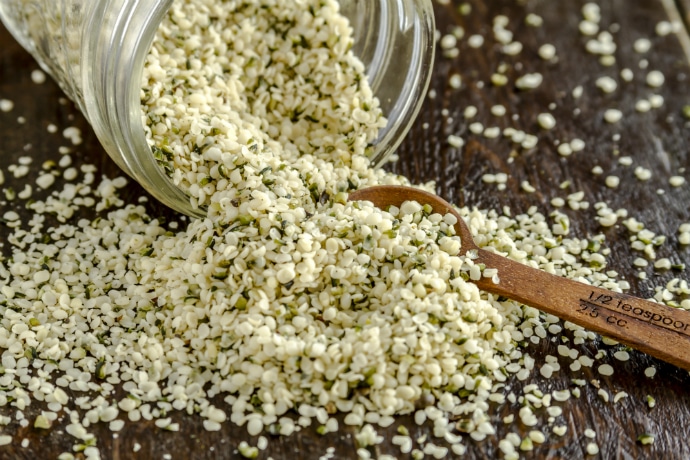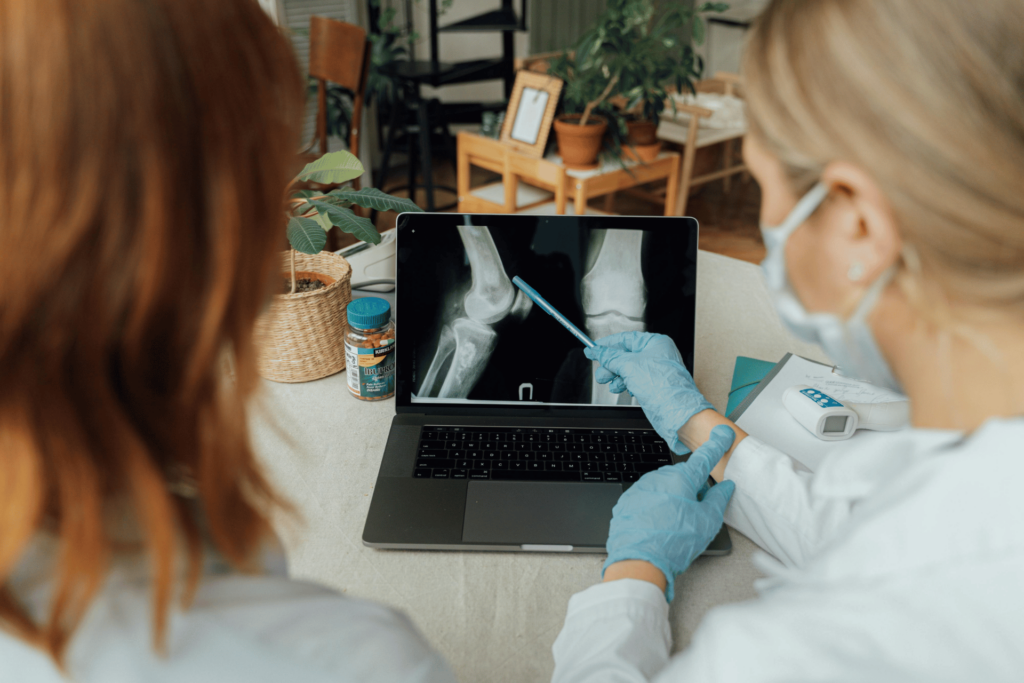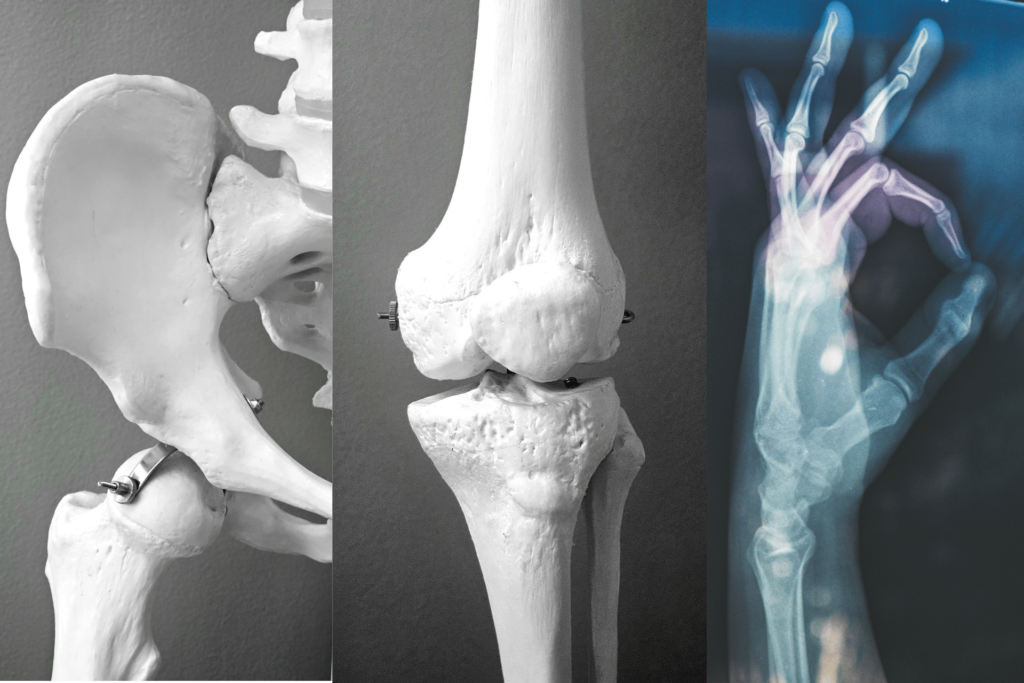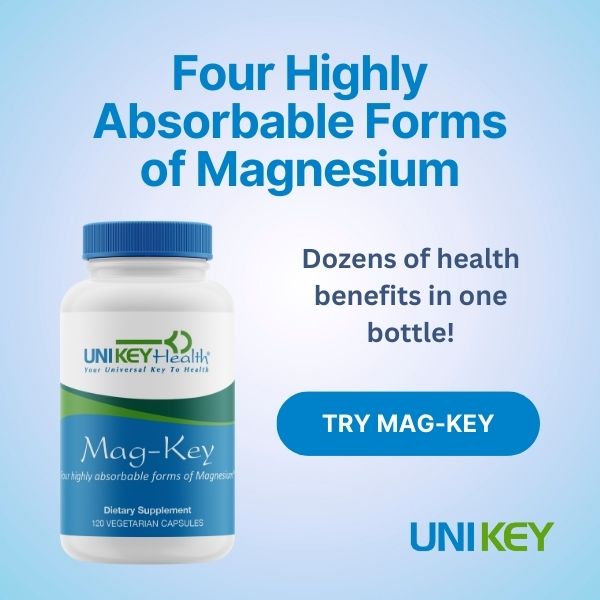There’s a new seed you’ve got to meet.
You’ve probably heard about the benefits of flax and chia, but there’s a new seed in town that you simply must add to your lineup.
Hemp seeds are one of nature’s greatest gifts, perfect little bundles of benefits for your entire body. They’re about one-third healthful fats and one-quarter protein, as well as a magnificent source of natural gamma-linolenic acid. You also can’t get much better than hemp seeds for their 3 to 1 omega-3 to omega-6 ratio. Overall, these little dynamos can sustain energy, encourage weight loss, reduce food cravings, lower blood pressure, improve blood sugar and lipid profiles, and tamp down inflammation.
GLA—also found in borage, evening primrose, and black currant seed oils—supports the normal growth and function of your cells, nerves, muscles, and organs. GLA also happens to be the “good omega-6” known for flushing away body fat, a blessing for those wishing to shed a little excess padding. GLA is an essential fatty acid that triggers fat burning instead of fat storage by boosting your metabolism in a couple of ways, including actually “using up” a lot of calories. GLA is also a natural hormone-balancing fat that can reduce PMS and menopausal symptoms.
If you have an optimally healthy body, you can synthesize GLA from linoleic acid, found in certain oils, grains, and seeds. But due to a number of common dietary and lifestyle factors in today’s society, most of our bodies don’t make that conversion.
Calming Any Confusion
Hemp belongs to the genus Cannibis sativa, cultivated for thousands of years for everything from nutrient-rich seeds and oils to industrial fiber, paper, textiles, building materials, and even fuel. In the United States, the nutritional benefits of hemp seeds have been all but ignored due to their botanical relationship with the drug and medicinal varieties of Cannabis. Although hemp and marijuana come from the same plant species, there are notable differences. Please don’t be confused—hemp seeds are simply incapable of producing a psychotropic reaction because their THC (tetrahydrocannabinol) content is so low.
THC is the compound in marijuana responsible for inducing the “high.” Hemp contains only a trace of THC (0.3 to 1.5 percent), and most of it is in the hull of the seed. The majority of hemp seeds produced for consumption are actually “hemp hearts,” which have had their hulls removed, reducing their THC even further.
Protein-Packed
Getting back to hemp seeds’ nutritional properties, their protein is substantial—equal to that of beef or lamb but in a more digestible, bioavailable form. It’s also a complete protein, providing all the essential amino acids. Just 30 grams of hemp seeds (2 to 3 tablespoons) contains 11 grams of protein. Hemp seeds offer significant amounts of the amino acids methionine and cysteine, as well as very high levels of arginine and glutamic acid. Arginine lowers blood pressure by relaxing your blood vessels. There is also evidence that hemp seeds may decrease clot formation and speed up recovery after a heart attack.
The fiber in hemp seeds is contained mostly in the hull, so hemp hearts contain relatively little fiber. However, what they lack in fiber they make up for in calcium, magnesium, iron, manganese, phosphorous, potassium, zinc, and vitamins A, B1, B2, B3, B6, D, and E.
Hemp seeds also appear to have strong anti-inflammatory benefits, most likely related to their generous GLA. One study found that hemp seed GLA reduces symptoms by 25 percent for arthritis sufferers. Hemp seed contains plant sterols that may reduce your risk of colon and prostate cancer. New studies are emerging all the time, such as one that identified four compounds in hemp seed (lignanamides) that show promise in protection from Alzheimer’s disease. Finally, hemp seed has benefits for your skin, hair, and nails.
While hemp seeds are not a replacement for flax and chia seeds, they are a fantastic addition to them, bringing along their own unique nutritional properties. When it comes to hemp’s health benefits, science has barely scratched the surface—I suspect many secrets await our discovery with this amazing superfood.
How to Enjoy
Do not cook hemp seeds at high temperatures as it will denature their delicate fats. Instead, eat them raw—and there are many delicious possibilities. Hemp seeds have a pleasantly nutty flavor, somewhat akin to walnut. You can sprinkle them on just about anything—salads, veggies, quinoa, oatmeal, or even yogurt. You can also blend hemp hearts into your smoothie to bump up your protein and healthful fats. Last but not least, they can be used to make a great non-dairy milk substitute by blending them with water.
For even more delicious sources of essential fatty acids, snag your copy of the updated and expanded version of my New York Times bestseller, Before the Change. It was just officially released earlier this week! Plus, with your order you’ll gain access to FREE bonus gifts.













11 Responses
Where can I buy these seeds? Or what brands are out there to purchase of these seeds?
Hemp Protein powder from Nature’s Plus may help. https://smile.amazon.com/Natures-Way-Protein-Fiber-Powder/dp/B00098IHVC/ref=sr_1_fkmr0_1_s_it?s=hpc&ie=UTF8&qid=1504753750&sr=1-1-fkmr0&keywords=hemp%2Bprotein%2Bpowder-%2BNature%27s%2Bplus&th=1
I posted Nature’s Way link…another good company. Best wishes.
Do you get the same benefits from packaged organic Hemp milk?
Organic hemp milk is great, Michele but doesn’t have the fiber content. Thanks for your post.
Is hemp okay for those with thyroid problems such as Hashimoto’s?
Flax has estrogen and may block thyroid. It maybe rancid. Chia is awesome. Hemp protein powder may help.
Is hemp seed okay for thyroid issues such as Hashimoto’s?
Dear Judy: YES, enjoy hemp with any type of thyroid disorder.
What about CBD oil which is from the Hemp plant. It’s starting to be advertised as a pain reliever and many more claims. Is this true and is it safe?
Certain types are very safe. We’ve heard wonderful things about its many benefits.